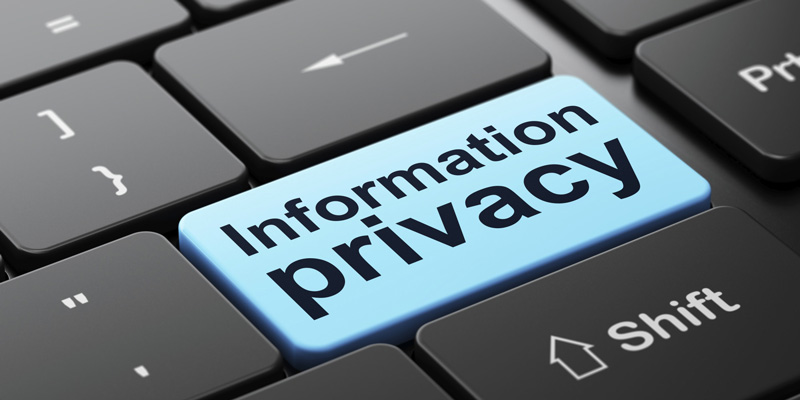Why is Information Privacy Important?
As we increasingly rely on technology for communication, commerce, and daily tasks, the need to protect our personal information has never been greater. This blog will explore why information privacy is so important, the potential risks of inadequate privacy measures, and what steps we can take to safeguard our data.
Understanding Information Privacy
Information privacy refers to the right to have control over how your personal information is collected, used, and shared. This includes data such as your name, address, social security number, financial information, and even your online behavior. With the proliferation of digital platforms and services, vast amounts of personal data are constantly being generated and stored. Ensuring this information remains private is essential for several reasons.
Protecting Personal Identity
One of the primary reasons information privacy is important is to protect your personal identity. Identity theft is a growing concern, with cybercriminals using stolen personal information to commit fraud, access financial accounts, and even create false identities. Once your personal information falls into the wrong hands, it can be challenging to regain control and rectify the damage. By prioritizing information privacy, individuals can reduce the risk of identity theft and the associated financial and emotional distress.
Safeguarding Personal Freedom
Privacy is intrinsically linked to personal freedom. When individuals know they are being monitored or their information is being collected without their consent, it can lead to self-censorship and a loss of autonomy. This is particularly relevant in contexts where sensitive information is involved, such as medical records, political affiliations, or personal beliefs. Ensuring information privacy helps maintain the freedom to express oneself without fear of surveillance or retribution.
Maintaining Trust in Digital Services
The success of digital services and platforms hinges on the trust of their users. When companies fail to protect user data or are involved in data breaches, it erodes trust and can lead to significant reputational damage. Users are more likely to engage with and remain loyal to services that prioritize their privacy and demonstrate a commitment to safeguarding their information. Thus, information privacy is not only a moral imperative but also a business necessity.
Preventing Discrimination and Bias
Data breaches and improper handling of personal information can lead to discrimination and bias. For instance, if sensitive information about an individual’s health status, ethnicity, or sexual orientation is exposed, it could be used to discriminate against them in employment, housing, or other areas of life. By ensuring robust information privacy measures, we can help prevent such discriminatory practices and promote a fairer, more inclusive society.
Legal and Regulatory Compliance
Governments around the world have recognized the importance of information privacy and have enacted various laws and regulations to protect personal data. For example, the General Data Protection Regulation (GDPR) in the European Union and the California Consumer Privacy Act (CCPA) in the United States set stringent requirements for how organizations handle personal information. Compliance with these regulations is not optional; failure to adhere can result in hefty fines and legal repercussions. Prioritizing information privacy helps organizations stay compliant with these laws and avoid potential penalties.
Steps to Enhance Information Privacy
Given the importance of information privacy, it is essential to take proactive steps to protect your personal data. Here are some practical measures you can implement:
- Use Strong, Unique Passwords: Avoid using easily guessable passwords and ensure that each of your accounts has a unique password. Consider using a password manager to keep track of them.
- Enable Two-Factor Authentication: Adding an extra layer of security, such as two-factor authentication (2FA), can significantly reduce the risk of unauthorized access to your accounts.
- Be Cautious with Sharing Information: Limit the amount of personal information you share online and be mindful of privacy settings on social media platforms.
- Regularly Update Software: Ensure that your devices and applications are up-to-date with the latest security patches and updates.
- Educate Yourself About Privacy Policies: Take the time to read and understand the privacy policies of the services you use, and be aware of how your data is being collected and used.
- Use Encryption Tools: Encrypt sensitive data, both in transit and at rest, to protect it from unauthorized access.
- Be Aware of Phishing Scams: Be vigilant about suspicious emails or messages that attempt to trick you into providing personal information.
Information privacy is a fundamental aspect of our digital lives that protects our personal identity, freedom, and trust in digital services. As technology continues to evolve, the importance of safeguarding our personal data cannot be overstated. By understanding the significance of information privacy and taking proactive measures to protect it, we can navigate the digital world with confidence and security.
recent posts
You may already have a formal Data Governance program in [...]

